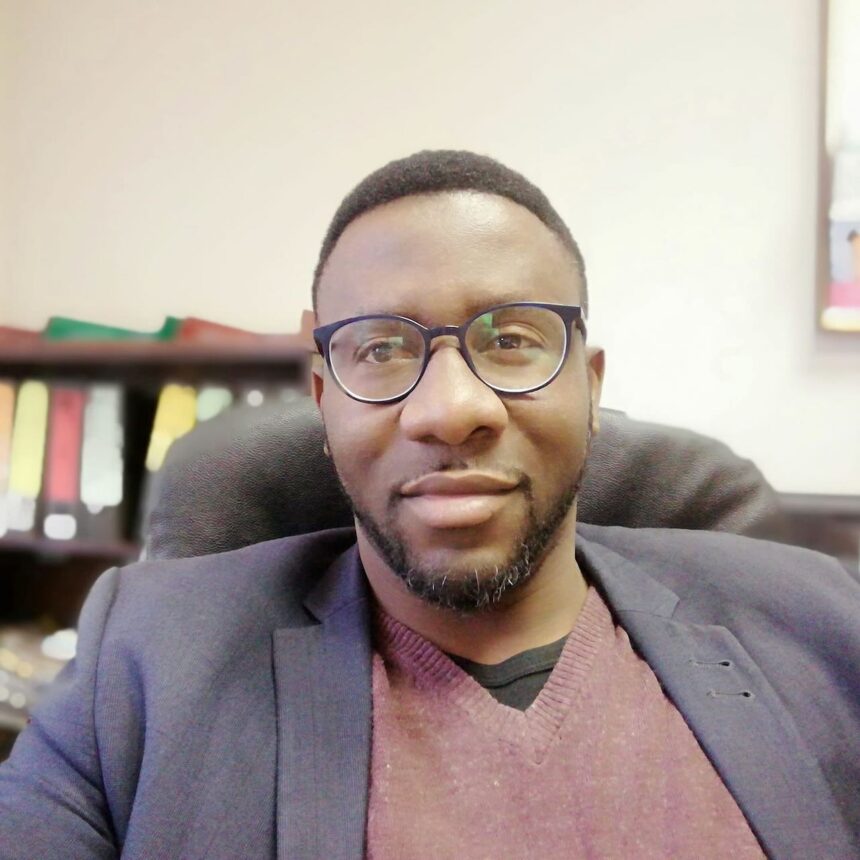Growing up in those dusty streets of Katutura, in Soweto to be specific, playing football was a daily activity and we didn’t need a referee or a coach to play.
Sport shaped our characters and taught us discipline, it also gave us an opportunity to know our community or surrounding. I didn’t just play soccer, I did athletics, played volleyball, did boxing and tried a bit of karate, plus wrestling. Even though playing soccer was a daily activity it doesn’t mean we had no other daily responsibilities. It meant you needed to be good at home to be allowed to go and play soccer. It meant being very obedient and listening to your parents so that they would allow you to play soccer when it was time for soccer.
Most of my peers back then, had nicknames that were mostly inspired by soccer or sport stars, movie characters and a bit of musicians. They did not name themselves after politicians.
SPORT AS A CAREER
Sport has the capacity to assist the country with problems facing young people. Young people are almost 50% of our young population and the challenges they face are joblessness and social activities to boost their development. Sport is no longer a pass time or fun activity, but it is a lifestyle and a career opportunity.
People in the developed world are making their livelihood from sport and it is up to those in the developing world to benchmark on how sport could alleviate in problems facing young people.
The challenge of youth unemployment is not unique to Namibia, but most countries that have travelled the route we are on, have all gone through these phases.
Global financial crisis, Covid-19 and the war in Ukraine have played a part, but cannot be blamed wholly. All industries in the country are to contribute towards sustainable solution and sport is an industry on its own.
According to scholars, there are a number of key aspects for a successful industry. Like willingness to take chances, unique value, tenacity, customer-centric approach, good marketing, strong vision, passionate leaders, empowered employees, adaptability and diversity. Looking at the sport industry in our country and you start matching them with these few characteristics, one gets to understand why sport is not playing a major role in the challenges we are facing with the young people. We still have sport codes administered from car boots 33 years after independence and with a high number of graduates roaming the streets.
DEAD HORSE THEORY
The Dead Horse Theory coined by the Dakota Indians says, “If you find you are riding a dead horse, the best strategy is to dismount and get a new horse.”
However, our people employ many futile remedies to get the horse back on its feet. This theory implies that abandoning the failed endeavour is not only possible, but also highly recommended.
Whatever it is, living an awkward lie seems to be the choice over admitting the horse should be buried six feet under. We have so much of the resources in sport going into administration run by a few fighting over a dead horse, instead of channelling resources into the operational part of sport to benefit the majority.
The directorate of sport has a fully fledged structure and on the other side, we have the sport commission doing what the sport directorate could do with ease. The federations that are on the operational side of sport are left to source their income, because the sport commission is doing what the directorate could do, utilising the funds coming from the state to fund sport.
It’s time we let sport federations run the respective codes with funds going directly to them.
I was really impressed by Erastus Uutoni’s energy when he was the sport minister. I truly believe if he stayed longer at the ministry, we would have seen plenty of initiatives to help solve some of the challenges facing young people, because he was very approachable and progressive.
This is the type of leader the sport fraternity needs. One who is able to inspire young people, with a shared vision, a good communicator and strong decision maker.
Sport and youth matters need a specialised leader like all specialised and technical fields, and the country’s leadership and appointing authorities have the power to bring in technocrats when they require specialised skills.
Please do the same for sport and youth matters, we have those technical skills and experience in abundance. Sport is a very technical field that requires a well-read and well-travelled individual. It also requires someone who has gone to a much higher level in their sport journey.
The government is forever sending people on sport scholarships, but they are parked in areas where they can’t use what they have learnt. We’re being led by those who couldn’t be accommodated at their respective fields of specialisation for various reason.
I know hope is not all lost and encourage our sportsman and woman not to give up, because there is light at the end of this tunnel.
*Jason Naule is a sport activist and communication expert.



Leave a Reply